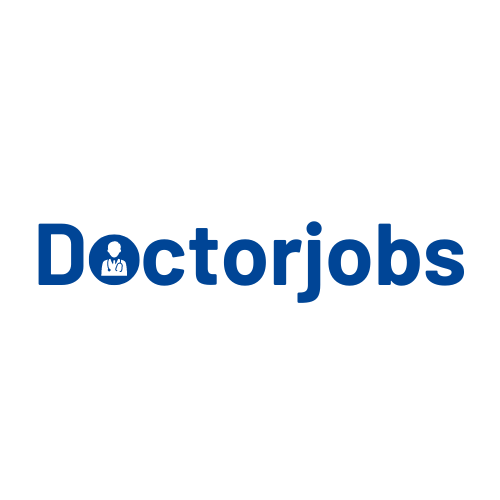The Role of Technology in Modern Healthcare Jobs
Technology is revolutionizing the healthcare industry, transforming the way professionals diagnose, treat, and interact with patients. From advanced diagnostic tools to telemedicine, technology is creating new opportunities and challenges for healthcare workers. Understanding these technological advancements is crucial for anyone pursuing a career in healthcare. Here’s a look at the role of technology in modern healthcare jobs and the skills needed to stay ahead in this evolving field.
1. Electronic Health Records (EHR)
Overview: EHR systems store patients’ medical histories digitally, making it easier for healthcare providers to access and share patient information.
Impact on Jobs: EHRs improve the efficiency and accuracy of patient care. Healthcare professionals need to be proficient in using EHR systems to document patient interactions, manage care plans, and ensure compliance with regulations.
2. Telemedicine and Telehealth
Overview: Telemedicine involves providing healthcare services remotely using telecommunications technology, such as video calls.
Impact on Jobs: Telemedicine expands access to healthcare, especially in rural and underserved areas. Healthcare workers must be skilled in using telehealth platforms and delivering care virtually. This includes understanding privacy regulations and developing good communication skills for remote consultations.
3. Mobile Health Apps
Overview: Mobile health apps allow patients to manage their health, track their fitness, and communicate with healthcare providers through their smartphones.
Impact on Jobs: These apps empower patients to take control of their health, but also require healthcare professionals to be knowledgeable about various applications. They must guide patients in using these tools effectively and interpreting the data generated.
4. AI and Machine Learning in Diagnostics
Overview: Artificial intelligence (AI) and machine learning algorithms analyze medical data to assist in diagnosing conditions and predicting patient outcomes.
Impact on Jobs: AI can help healthcare professionals make more accurate and timely diagnoses. Workers need to understand how to use AI tools and interpret their results. They must also stay updated on the latest advancements in AI technology and its applications in healthcare.
5. Robotics in Surgery
Overview: Robotic-assisted surgery uses robotic systems to perform complex procedures with precision and minimal invasiveness.
Impact on Jobs: Surgeons and operating room staff must be trained to use robotic systems and understand their capabilities and limitations. This technology enhances surgical precision and reduces recovery times, but requires significant training and expertise.
6. Wearable Health Devices
Overview: Wearable devices, such as fitness trackers and smartwatches, monitor various health metrics, including heart rate, sleep patterns, and physical activity.
Impact on Jobs: These devices provide valuable data for healthcare providers, allowing for continuous patient monitoring. Professionals must know how to integrate wearable data into patient care plans and advise patients on the use of these devices.
7. Data Analytics and Patient Care
Overview: Data analytics involves analyzing large sets of health data to identify trends, improve patient outcomes, and enhance healthcare services.
Impact on Jobs: Data analytics helps healthcare organizations make informed decisions and optimize care delivery. Healthcare professionals must be proficient in using data analytics tools to interpret patient data and implement evidence-based practices.
8. Cybersecurity in Healthcare
Overview: Cybersecurity protects healthcare information systems from cyber threats and ensures the privacy and security of patient data.
Impact on Jobs: With the increasing reliance on digital systems, cybersecurity has become a critical aspect of healthcare. Professionals must be aware of cybersecurity best practices and participate in regular training to protect sensitive information.
9. Future Trends in Healthcare Technology
Overview: Emerging technologies such as blockchain, 3D printing, and virtual reality are poised to further transform healthcare.
Impact on Jobs: Staying informed about future trends and advancements is essential for healthcare professionals. Continuous education and adaptability are key to leveraging new technologies and improving patient care.
Conclusion
Technology is playing an increasingly vital role in healthcare, enhancing the capabilities of professionals and improving patient outcomes. From EHRs and telemedicine to AI and wearable devices, technological advancements are reshaping the healthcare landscape. To thrive in this dynamic environment, healthcare workers must stay current with technological trends and continuously develop their technical skills. Embracing technology not only improves efficiency and accuracy but also opens up new possibilities for delivering high-quality care.

